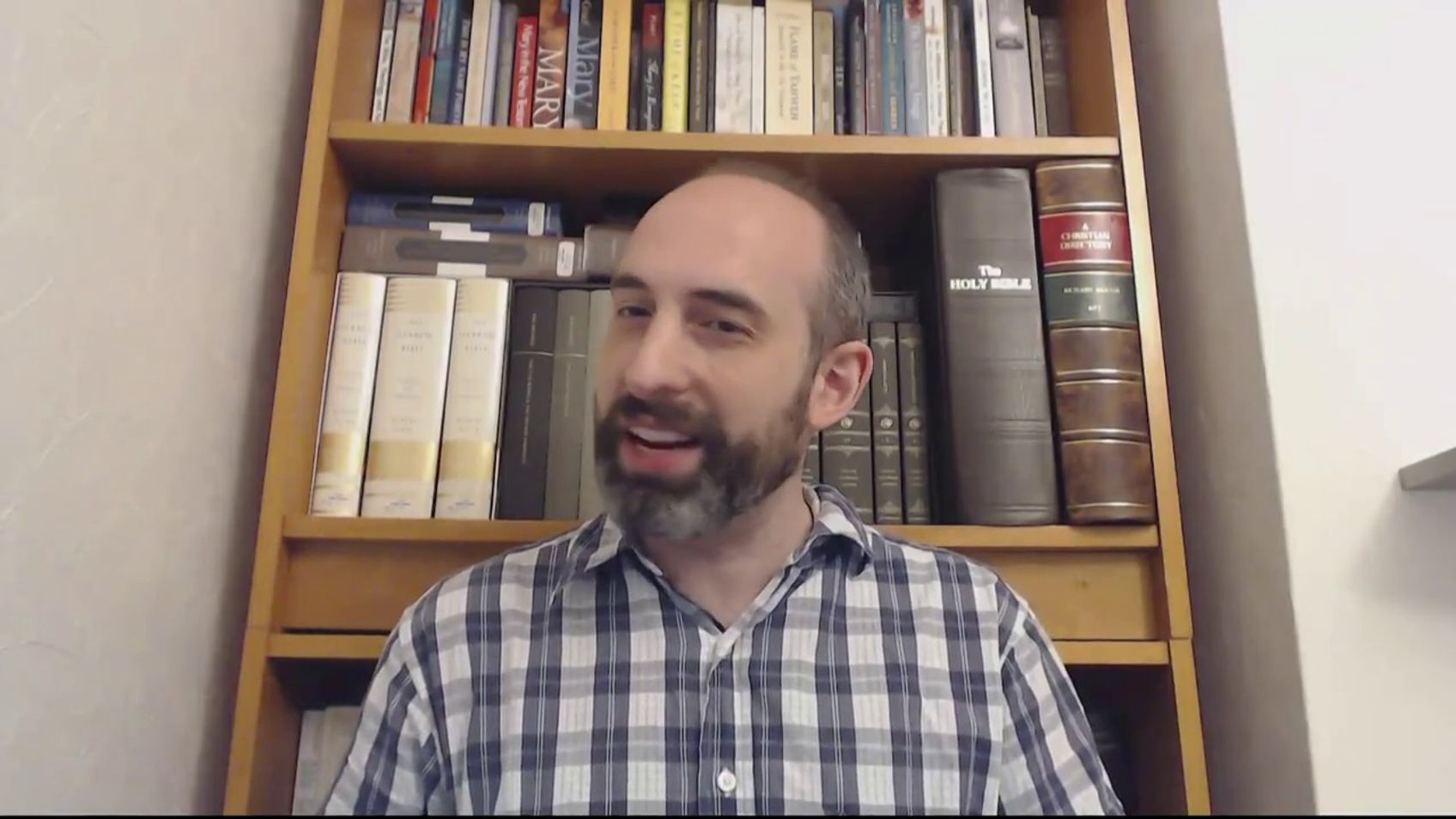Q&A#145 Who Are James Jordan's Influences?

Today's question: "Who are Jim Jordan's sources?
It would obviously be fair to describe him as "innovative", but it seems very much that there's a chain where you have followed on from Peter Leithart, who followed on from Jim... but where did Jim learn his hermeneutic? Is he really so innovative an expositor that we can't read what he's read and see where he learned it all?"
My blog for my podcasts and videos is found here: https://adversariapodcast.com/. You can see transcripts of my videos here: https://adversariapodcast.com/list-of-videos-and-podcasts/.
If you have any questions, you can leave them on my Curious Cat account: https://curiouscat.me/zugzwanged.
If you have enjoyed these talks, please tell your friends and consider supporting me on Patreon: https://www.patreon.com/zugzwanged. You can also support me using my PayPal account: https://bit.ly/2RLaUcB.
The audio of all of my videos is available on my Soundcloud account: https://soundcloud.com/alastairadversaria. You can also listen to the audio of these episodes on iTunes: https://itunes.apple.com/gb/podcast/alastairs-adversaria/id1416351035?mt=2.
More From Alastair Roberts
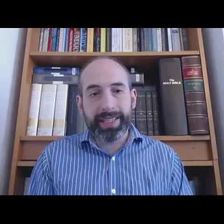
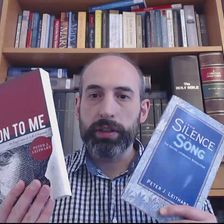

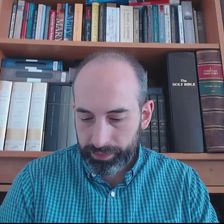
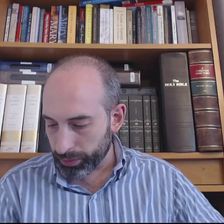
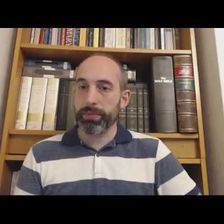
More on OpenTheo















